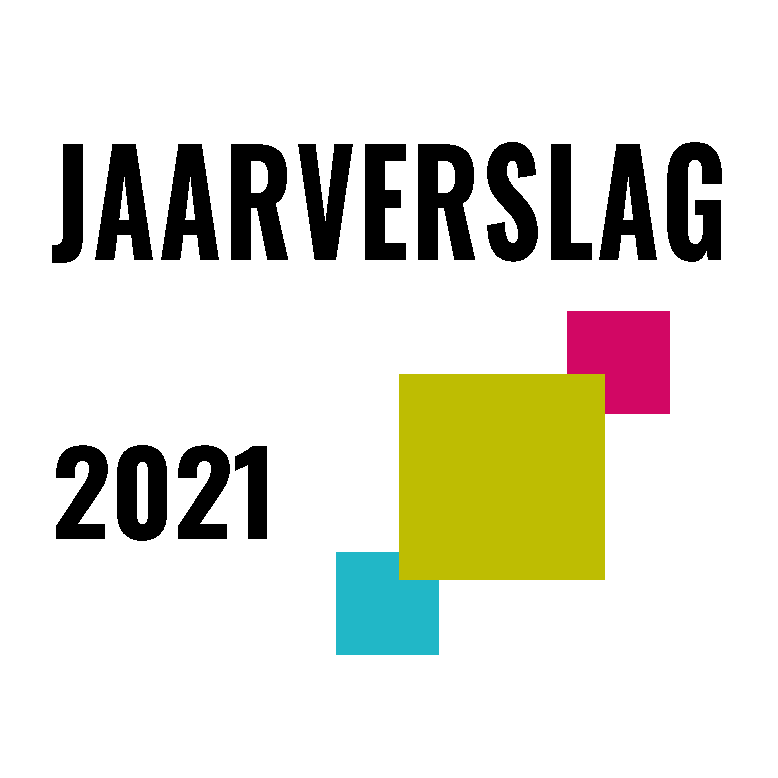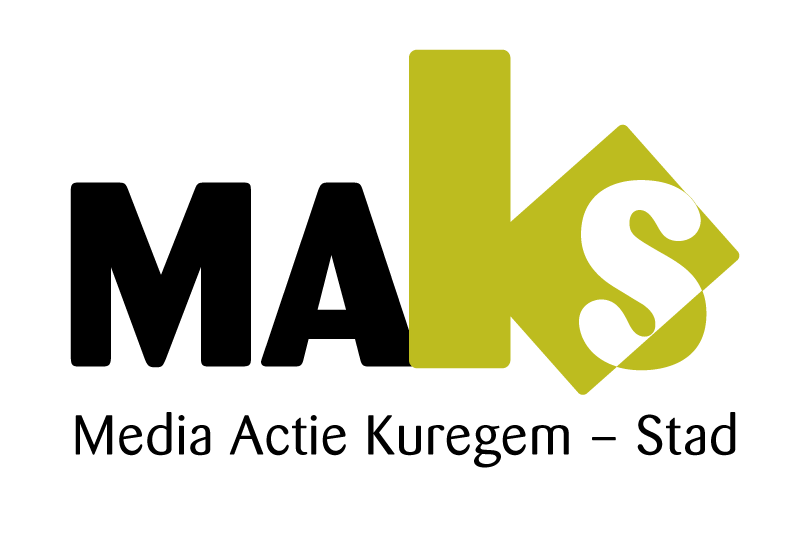Children take off with algorithms

For a whole day, children get the chance to take their first steps in algorithmic thinking. First via a game, where, for example, children play as robots and give each other the instructions; pen to the left/right/up/down, and use it to draw a figure. This, of course, with the clear understanding that we are not really robots, and we may refuse an instruction at any time.
Through the iPad and an application like Run Marco, students apply the concept of computer instruction, which they have just experienced, in the more formal environment of a digital application. The difficulty of the puzzles gradually increases, the possible instructions become more varied, thus children make their first progress on the learning curve of coding.
When a puzzle is too difficult, we invite the student to knock on the door of classmates. Working together gives them the opportunity to help and be helped, which ensures that the class grows as a real team.
We often end the day with more outgoing and creative assignments. Like making your own “level” for the game Draw Your Game. The moment a child is able form their idea, at the end of their creative process, you can see them smiling, happily sharing what they have made and learnt with their curious classmates.
Co-creativity and playful learning are central to every activity, but towards the end of the day, a lot of students get restless and a bit lost in the “why?” of some activities. A whole day of sitting and fiddling with fine equipment is simply not a relaxing change from the “normal” seated class for everyone. Children are therefore invited to take regular breaks, get up, get some fresh air and stretch.
